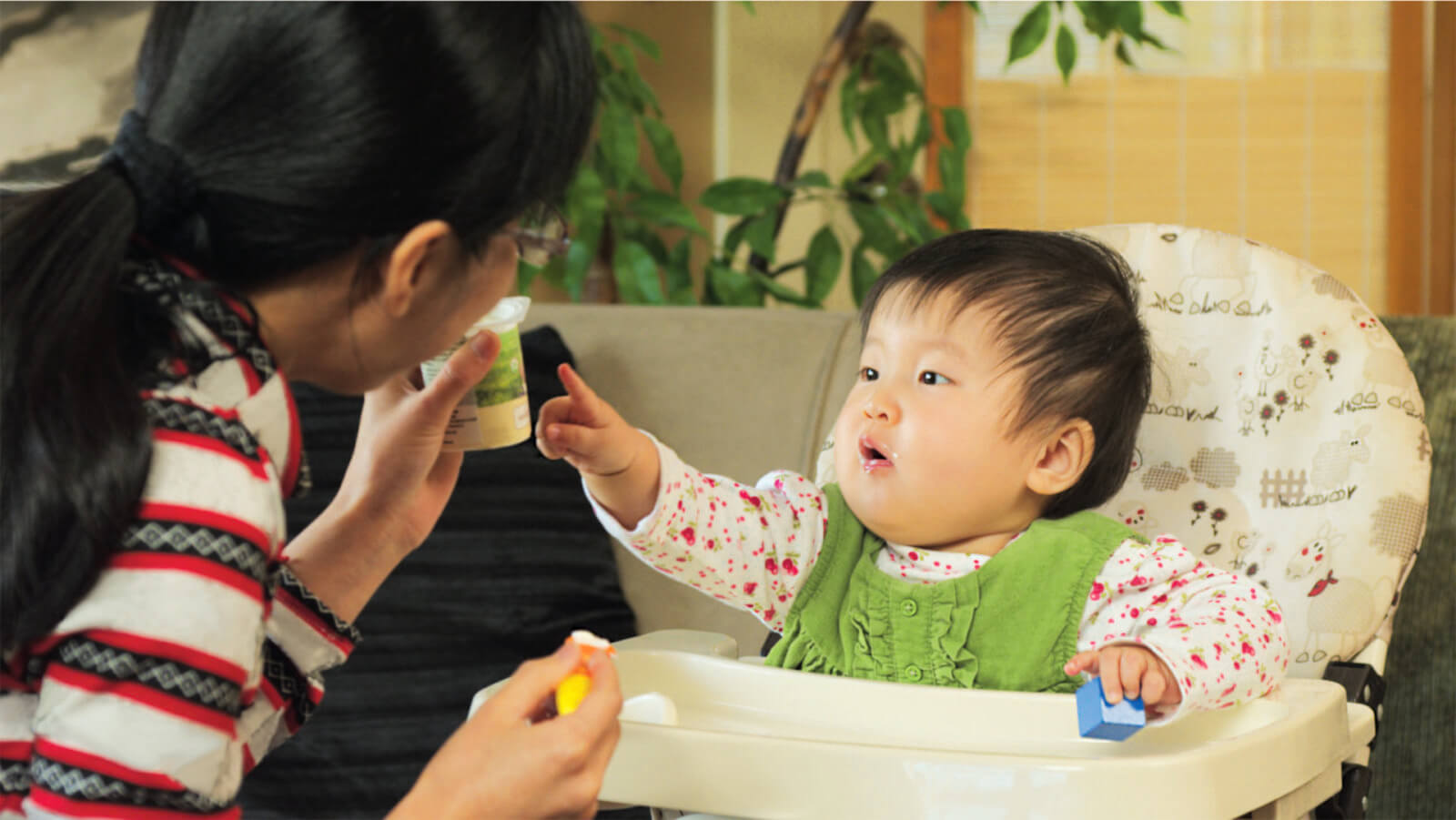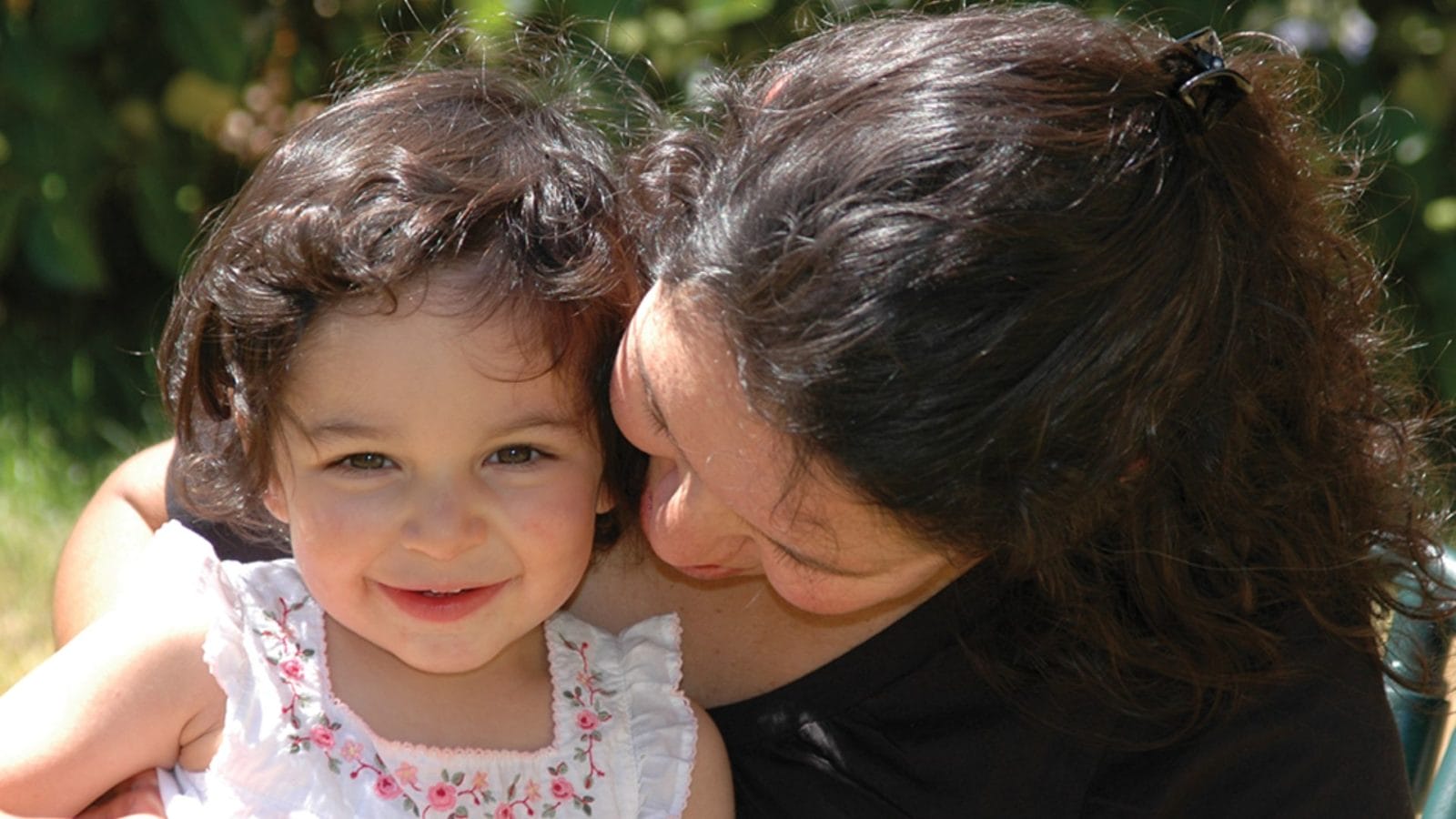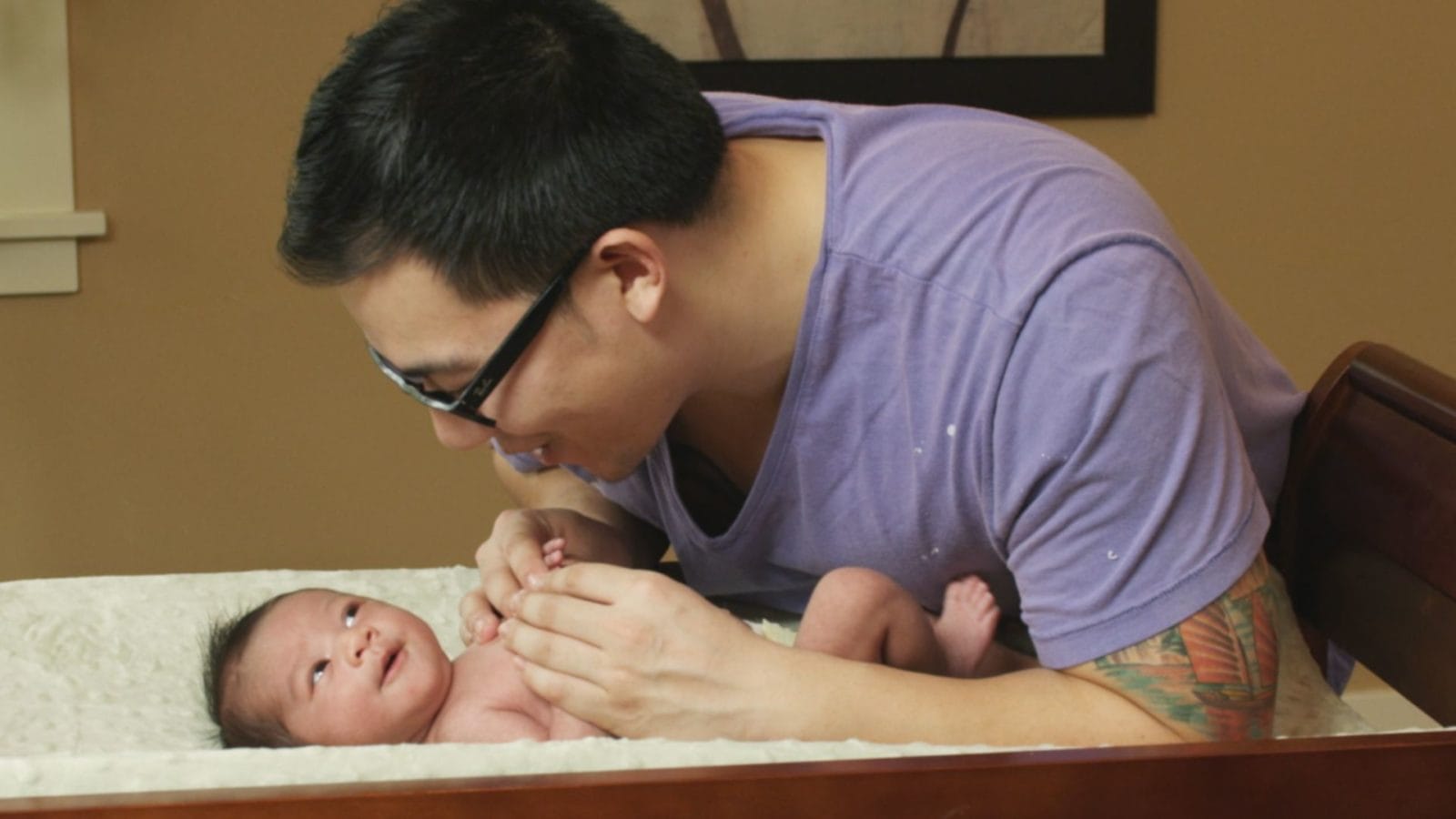Your Professional Development Journey
Discover the many opportunities and ways that Parent-Child Relationship Programs can be used to help your agency and develop your skills.
See the journey!
Prenatal Program
Help moms prepare for their transition into parenthood with Promoting Maternal Mental Health During Pregnancy




just eating
Infant Development
Learn how to help caregivers understand their infant's cues, sleep, feeding, behavior, and regulation with Keys to Infant Caregiving and Beginning Rhythms
Parent-Child Dyadic Assessment
Looking to assess the quality of the parent-child relationship? Parent-Child Interaction Scales are a Gold Standard assessment




Learn about Infant Mental Health and the Effects of Trauma
We have regular courses that provide a knowledge base to understand how infants and their caregivers are impacted by adversity
Birth to Five Parenting Program
Our evidence-based home visiting program, Promoting First Relationships®, supports parents in becoming more sensitive and knowledgeable about their child while it also improves child's stress regulation. Also available for primary care providers.


of the child


free lectures
Watch for Special Topic Workshops
Every year we bring in experts from around the nation to discuss current topics and research in infant and early childhood mental health. Join our email list to be notified of future events!
Advanced Clinical Training (ACT)
ACT



We can come to you!
Bring one of our workshops to your agency! Give us a call to learn more at +1-206-543-8528
Questions?
Please give us a call
We look forward to talking with you!
-
Phone
206-543-8528
-
Business hours
Monday – Friday
7:30am – 4pm
-
E-mail
pcrp@uw.edu
-
Mailing Address
Parent-Child Relationship ProgramsUniversity of Washington - Box 357231
Seattle, WA 98195-7231
-
Office Address
Parent-Child Relationship ProgramsUniversity of Washington
Health Sciences Building F-346
Seattle, WA 98195-7231
Prefer exploring on your own?
Check out our FAQ section
for answers to common questions
WE WANT TO CONNECT WITH YOU!
Feel free to fill out our contact form or call us at 206-543-8528